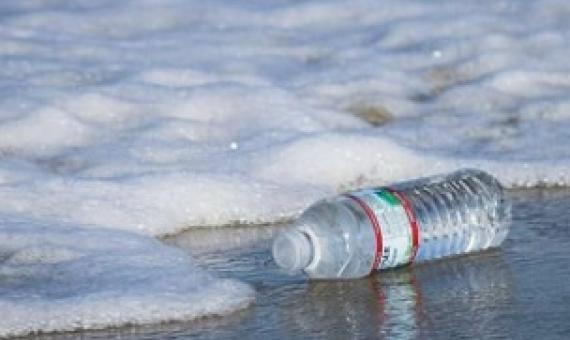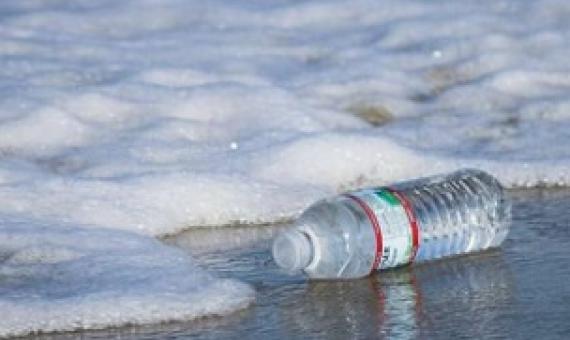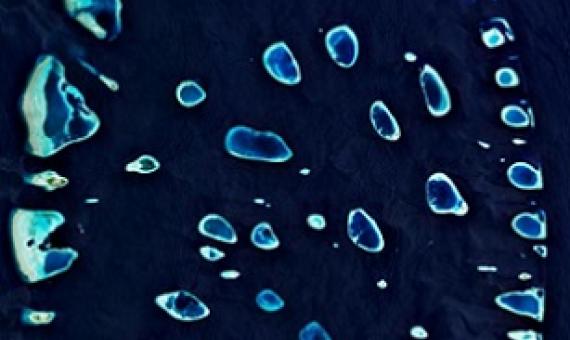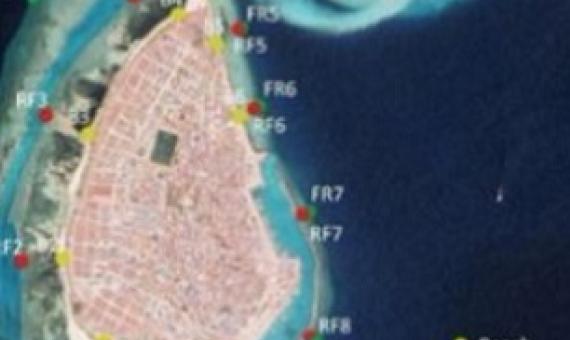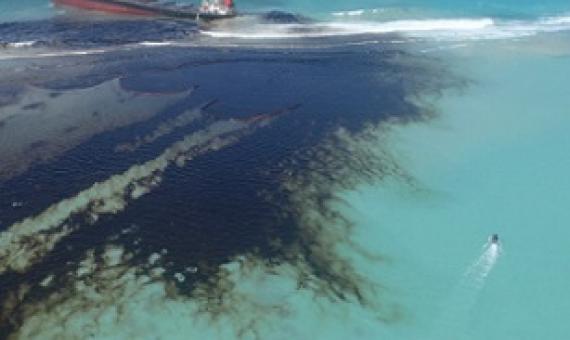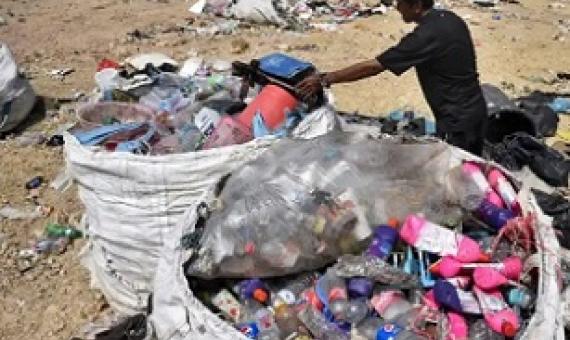At least 38 dead dolphins have washed ashore on the island of Mauritius in the aftermath of a massive oil spill from a Japanese ship.
On July 25, 2020, a Japanese cargo ship struck a reef on the southeast coast of Mauritius, leaking tons of oil into coral reefs, pristine turquoise water lagoons and unique ecosystems of the island nation.
In many parts of the world, there has been a debate about what to do with ships at the end of their life.
Environmental groups on Thursday said almost all the remaining oil has been pumped from the Japanese ship that struck a coral reef off the south-east coast of Mauritius in late July, limiting further damage from an oil spill that has likely caused “irreversible” ecological blows...“Make no mistak
Not all the news about plastic in the ocean is what we expect. In fact it may be not quite as bad as initially thought. This comes as welcome information as we are celebrating National Science Week with an oceans theme.
Key knowledge gaps exist in our understanding of how ocean microplastics transport bacteria and viruses—and whether this affects the health of humans and animals, researchers say.
In the Maldives, a developing nation that lacks much local manufacturing, a single tourist produces almost twice as much trash per day as a resident of the capital city of Malé, and five times as much as residents of the other 200 populated islands, according to government statistics.
Australia's Flinders University, on August 1, declared Maldives to be one of the countries most polluted by microplastics, on the planet. Microplastics refer to plastic particles measuring less than five millimetres and are now globally recognized as a pollutant of increasing concern.
A ship that ran aground on a coral reef has leaked about 900 tons of fuel oil into the waters off the southeastern coast of Mauritius. The incident occurred on July 25, and by Aug.
Plastic waste flowing into the oceans is expected to nearly triple in volume in the next 20 years, while efforts to stem the tide have so far made barely a dent in the tsunami of waste, research shows.

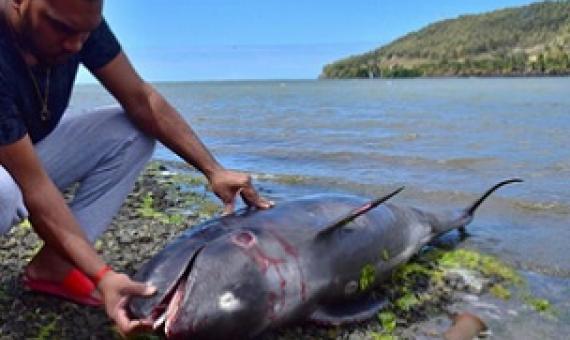
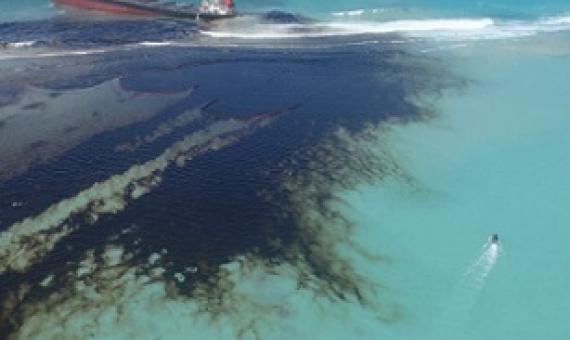
![Invasive corallimorph carpets all seafloor life and is gaining nutrients from the shipwreck's iron ... [+] SUSAN WHITE/USFWS](/sites/default/files/styles/news_teaser/public/sunkenMETAL_InvSPP.jpg?itok=OiESSfEX)
![This aerial view taken on August 8, 2020 shows a large patch of leaked oil and the vessel MV ... [+] AFP VIA GETTY IMAGES](/sites/default/files/styles/news_teaser/public/Mauritius_OILspill.jpg?itok=4dYNhfvd)
